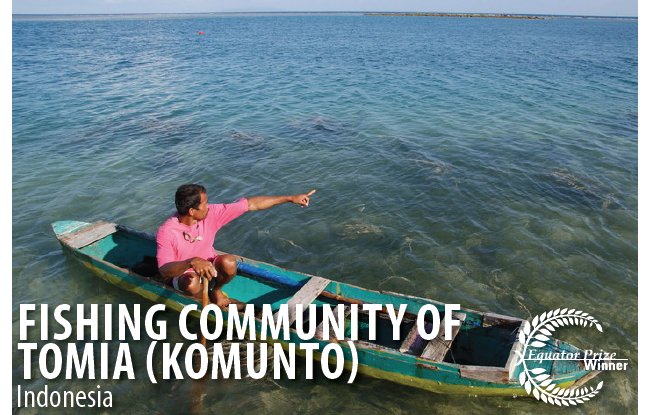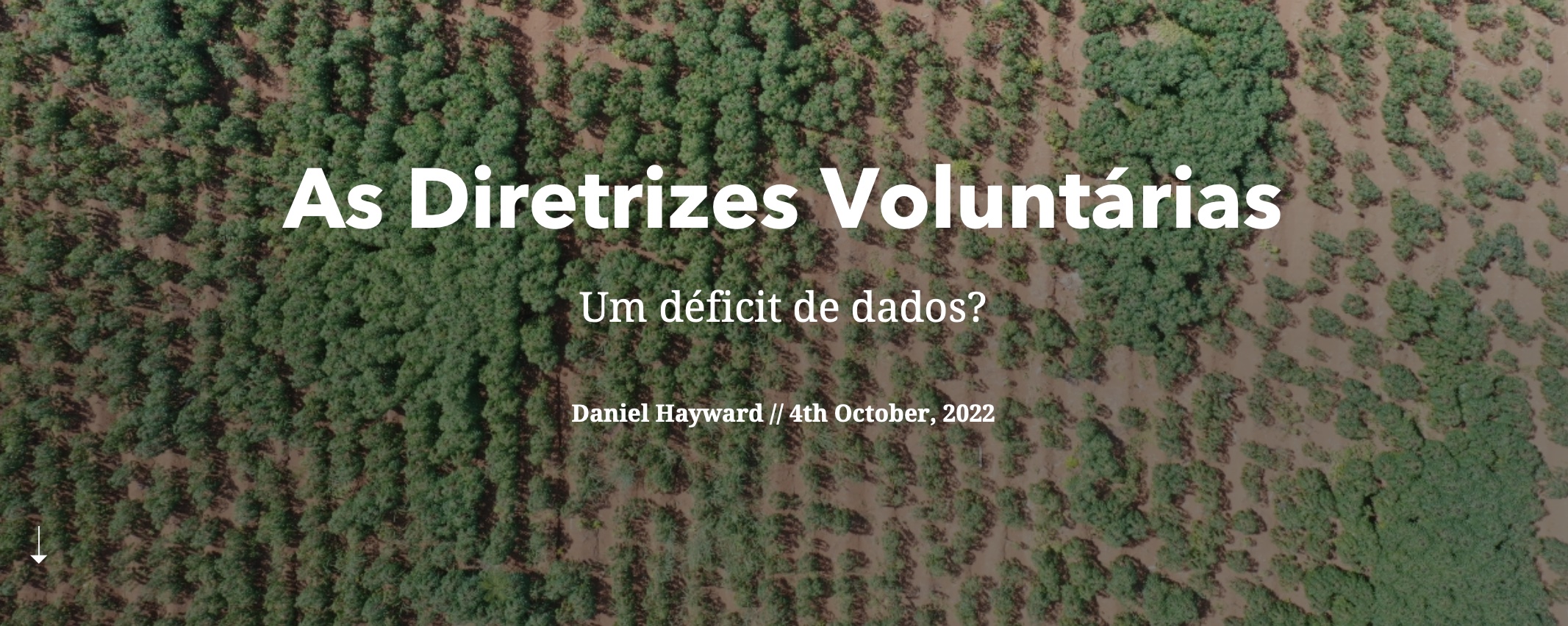Roles of land tenure reforms and land markets in the context of population growth and land use intensification in Africa
Land markets are evolving in response to increasing population pressure in Africa.
High population pressure leads to land use intensification on very small farms.
Population growth in densely populated rural areas leads to increasing rural–urban youth migration.
Tenure security enhancing land reforms enhance investments and sustainable land use intensification.
Pro-poor development strategies should target the strengthening of land governance.





